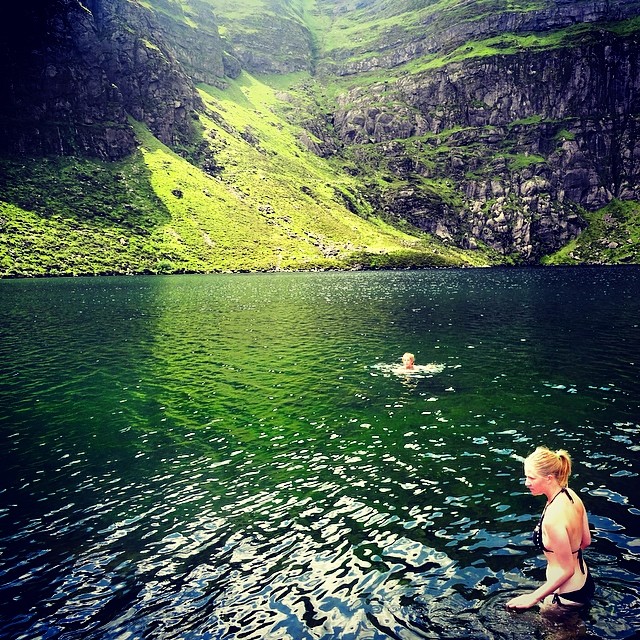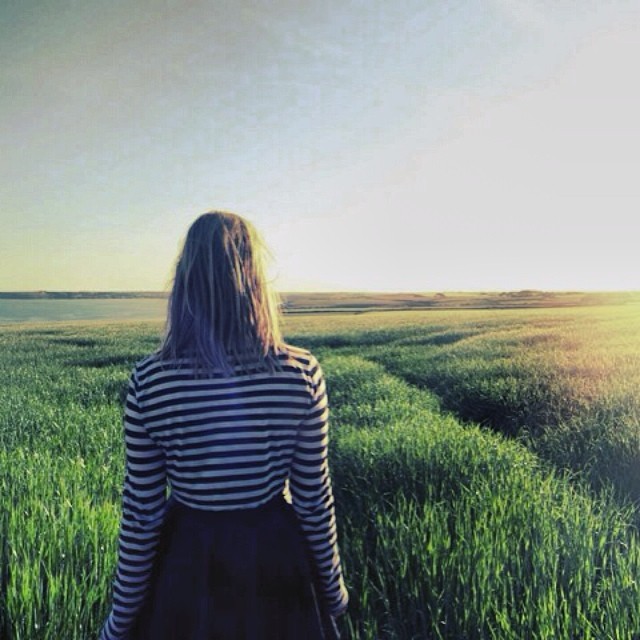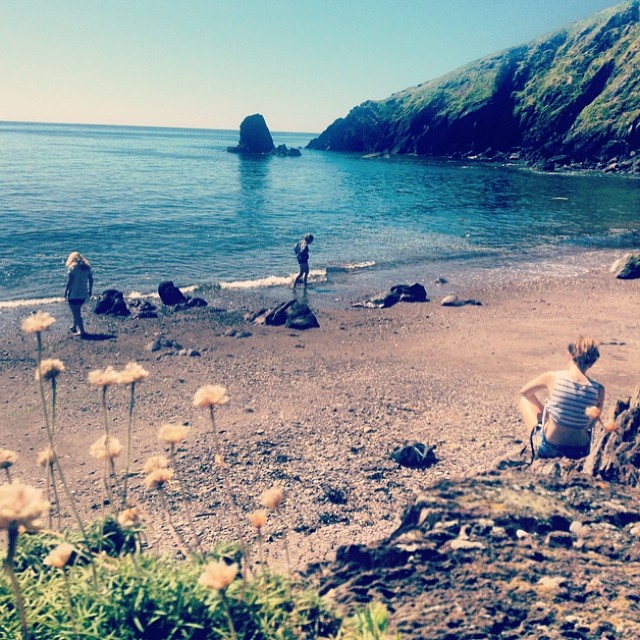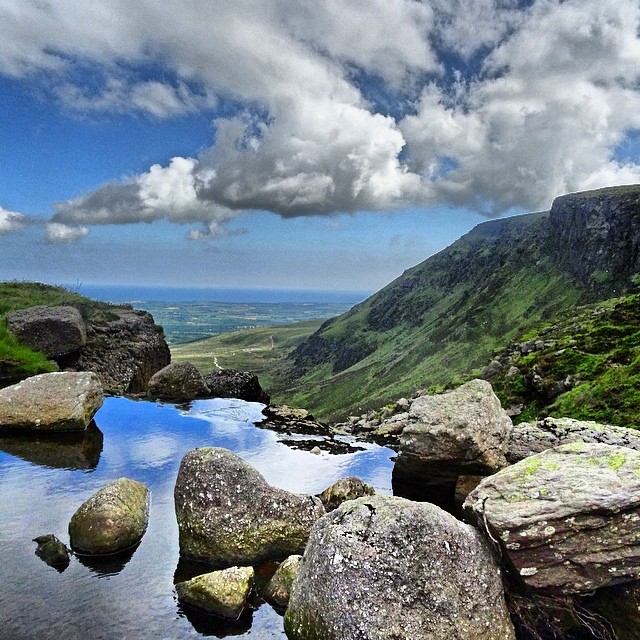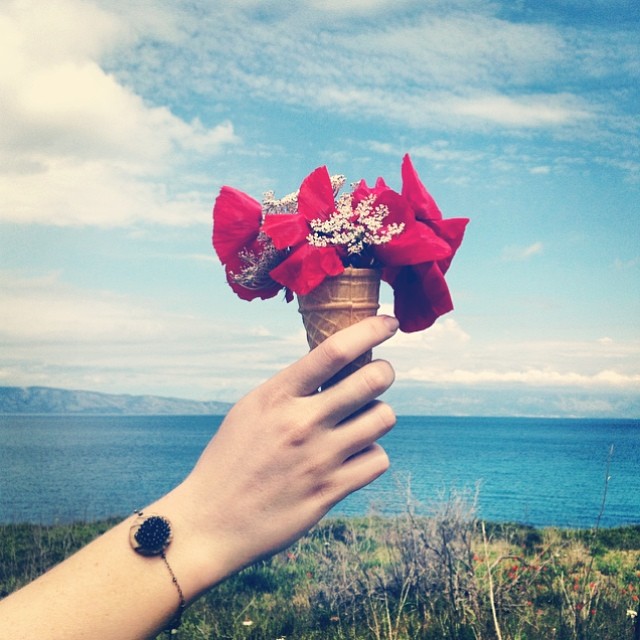Confessions of Wild Thing
“You were wild once. Don’t let them change you.” – Isadora Duncan
We were all wild once.
My rarely thumbed dictionary tells me that Civilization is a noun. It denotes a society characterised by a social hierarchy, separation from nature and dominion over the environment. When I read this I think of the word with Mark Twain’s sibilance. It was society’s attempts to “sivilize” him that Huckleberry Finn tried to escape by floating down the Mississippi river.
Though I had never read the book, as a child Huckleberry Finn was a heroic figure to me. I’m not sure where it came from, but I held in my mind a tableau of Huck – in silhouette – on the run with his worldly possessions bundled and tied to a stick. From time to time, when the forces of civilisation became to much four a year girl to handle (bed times, am I right?) I determined to follow his way. I would scour the garden for an appropriate stick and gather my treasures into the folds of my mother’s scarf. It was at that stage that I came unstuck. I would need my parents to knot this bundle for me, and somewhere in the process we would become reconciled and the idea of running away would fade. It is not just nostalgia that fails me as I try to suppress a childhood wish to join Huckleberry Finn on his raft.
Nomadic life is often positioned as the antithesis of civilisation. The narrative of progress touts civil society as its protagonist. In this mythology the nomad is delegated to the role of barbarian – those unable to assimilate to a state structure. An alternative history contends that rather than unable, many nomadic cultures were unwilling. Like Huckleberry Finn, they made an active choice to live outside, perhaps even transcend, the bounds of civil structure.
I guess it is easy to romanticize nomadic life. The mind lingers on bedouin tents and a rain dance beneath celestial ceilings. When you think about it, Rousseau’s The Noble Savage and Kerouac’s On the Road are not so different. Both authors yearn for the freedom to burn, burn, burn. The scent of freedom perfumes the dreamscapes of Rousseau and Kerouac, Twain and my four year old self. Perhaps it’s something that knits together the human condition. That said, the nomadic figure remains an outlier. In a landscape mapped by social norms the nomad falls off grid.
Like so many an epiphany, this realization came to me through pigments, brushstrokes and a canvas. Standing in a gallery in Istanbul, I found the perfect painting: a picture that visualized my state of mind so well that I could hang it on my wall and everyone who saw it would understand me. There was one problem: I did not have a wall. I could not even imagine a time in my life when I would have a place to hang the painting. For the last year I had traded my wanderlust for wonder as I criss-crossed the planet. But in that moment, in that art gallery in Istanbul, I realised that there was a real world that I was supposed to get back to. I just couldn’t see myself ever fitting back in to a society characterised by a social hierarchy, dominion over the environment, and walls.
The truth is, I don’t have to. With hindsight, I can see that the bundle foiled my childhood quest to follow Huckleberry Finn. With foresight, I can see that the allure of walls – the stability and security that they represent – would be the thing to stop me from living my nomadic existence. To have one pin in a map that I call home, a centre of gravity, is a temptation.
Without a centre to my universe, I scatter pieces of myself as I free fall rather than orbit. In Sydney, in my grandma’s basement, lies a box of my stuff. I have left similar boxes in Morocco and Sweden. I have mostly forgotten what is in there, but I would like to think that my reunion with some of it will be like re-connecting with good friends: Sometimes the best friendships are those you might not have kept in touch with but it feels just as it did before you left. I sometimes fear that with each new friendship I split my heart anew. Yet I‘ve learnt that with nomadic life the heart can swell to colossal proportions: the breadth and depth of the human capacity for wonder. Nothing else could ever be of such value to me.
I’m sure that most of that stuff in my Grandma’s basement is worthless to me now. The further I travel, the more value I see in collecting moments, not things. I strive to be able to hold Florentine leather without feeling the need to posses it, instead holding tight to the memory of it’s scent and the way I felt amongst the bustle of that market. I’m pretty sure that the memories will increase in value as I reach that age when we start to dream in the past tense.
Isadora Duncan reminds us that We were wild once. Circa 1920, Isadora was considered something of a connoisseur of wild things. As a dancer, she espoused a revolutionary philosophy of dance that is as applicable to life. She strove to express the human spirit through natural movement. She did
away with rigid pointe shoes and tutus to have the freedom to move in a way that reflected the scope of human endeavor. As I shed my inhibitions I begin to understand the depth of meaning behind Isadora’s words. Don’t let them change you.
Civilisation is a noun. The walls that keep us in are nouns. The things that weigh down our suitcase – all nouns. I think we should be packing our travels full of verbs. I want my story to be written with these words: Climb. Laugh. Swim. Jump. Love. Learn. Go.
Oh, and one adverb: Now.
Photos taken in Waterford County, Ireland.
First Published at http://dwimmer.com/confessions-of-a-wild-thing/
This entry was posted by in Lifestyle, Travel The World, Wanderlust

